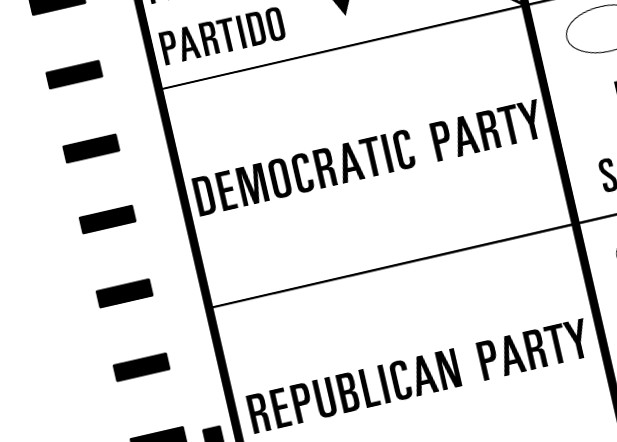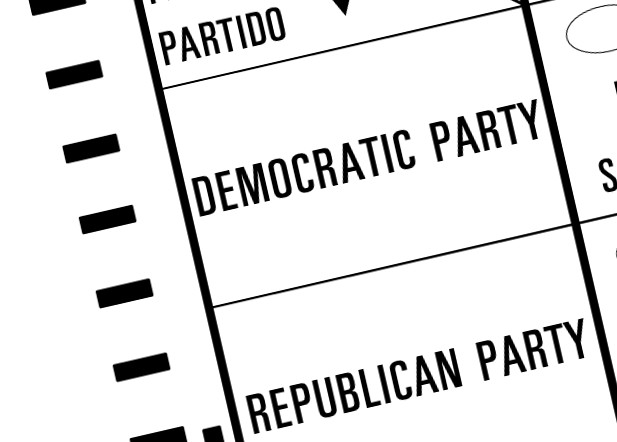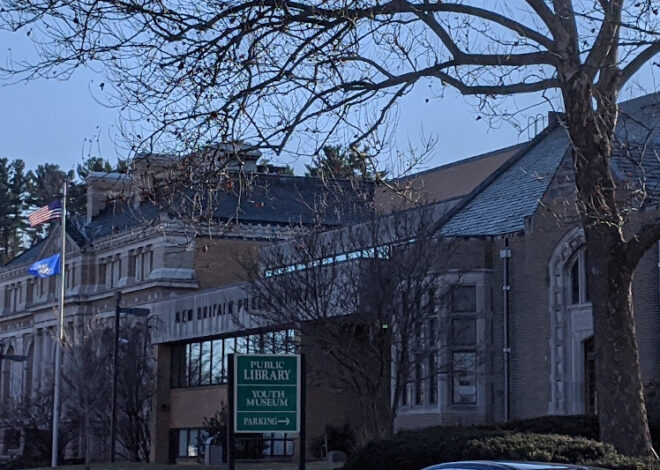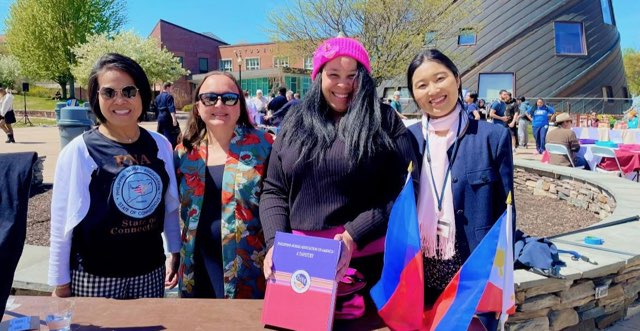
Stuck in the 18th Century: State Constitution Impedes Voting By Mail, Early Voting
By John McNamara
Pandemic Prompts Legislation To Allow Absentee Voting Option For All In November But Ballot Reforms Shouldn’t Stop There
Our license plates proudly proclaim Connecticut the “Constitution State” because the state constitution was one of the colonial documents that guided the Founders of the nation when they wrote the U.S. Constitution in 1787.

While a score of other states have ballot access via vote by mail and periods of early voting before Election Day, Connecticut is stuck in another century because of its storied Constitution and a restrictive absentee voting statute.
Amid the public health threat of pandemic the absentee voting statute is expected to change at a special session of the General Assembly in July. Governor Lamont, Secretary of the State Denise Merrill and Democratic legislative leaders are on board to extend absentee voting to every voter this year. As Merrill said to Meriden’s “Drinking Liberally” Zoom political forum on June 9th: “The last thing we want is to have people make a choice between their health and their vote.”
Opposition can be expected from Republican Party leaders intent on restricting voter access as much as possible. CT Republican Chair J.R. Romano is hard at work parroting the discredited assertions of voter fraud.
The need to add a public health emergency option to the absentee voting law would have been moot had a 2014 constitutional amendment referendum been approved in that year’s gubernatorial election. To the question “Shall the Constitution of the State be amended to remove restrictions concerning absentee ballots and to permit a person to vote without appearing at a polling place on the day of an election?” a majority (52%) voted no. Proponents blamed an underfunded “Yes” campaign and the wording of the question for its defeat. A contributing factor was the fact that almost 150,000 more voters chose a Governor but never made it to the question at the bottom of the ballot. The amendment lost by 38,000. Approval would have empowered the legislature to enact “no excuse” absentee voting and paved the way for early voting that accounts for an increasing percentage of turnout in other states.
Connecticut law limits use of absentee balloting to those who will be out of town on election day, members of the armed forces, for an illness or physical disability, religious beliefs and for serving as an election official other than at a place than where you vote. It’s likely this summer’s legislation will extend the right to vote by mail when an illness-causing public health emergency exists to stay within the bounds of the constitution.
Secretary of the State Merrill says she is working with local registrars to open all polling places on November 3rd with any required social distancing that’s needed. A statewide secure mailing operation will be used to support voting by mail for any voter who wants to do so as long as the Legislature revises the absentee voting law. Her office has a $5 million COVID 19 federal grant to meet election costs but could probably use more. According to Merrill, election officials at the local and state level face a daunting task to ensure full voter access but that steps are being taken now “to make this a smooth election.”
One of the unintended consequences of COVID-19 may be to accelerate the movement to adopt post-pandemic statutory and constitutional changes allowing no excuse absentee voting and early voting in Connecticut.
In April the New Britain Democratic Town Committee (DTC) adopted a resolution to extend absentee voting to all this year and called for a new campaign to change the constitution. The DTC also endorsed the federal Natural Disaster and Emergency Ballot Act of 2020 now before Congress that would extend voter access and provide states with new funding for election security.
The nonpartisan CT-SAM Task Force, led by former Metro Hartford Alliance CEO and gubernatorial candidate Oz Griebel, is primarily pushing ranked-choice voting, term limits and open primaries but its platform also includes “removing obstacles to legal voter registration and….early voting, vote-at-home options, and/or by making election day a national holiday.”
Beyond this pandemic a broad-based and well supported coalition will be needed to make the permanent changes in the Constitution in a 2022 referendum. “It’s very difficult to change a constitution,” notes Secretary Merrill. “This situation has laid bare the limitations in Connecticut.” The hope is we can keep our venerable Constitution but tweak it enough to allow full voting access in the 21st century.
Editor’s note: This article was originally published by NB Politicus.



